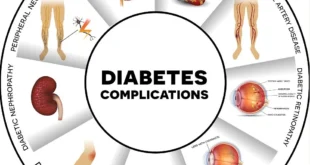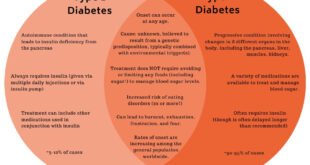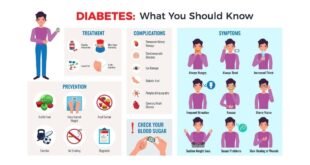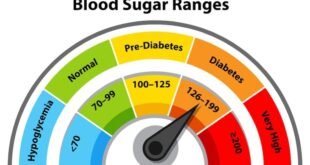Weight loss in 2025 requires a balanced approach, combining healthful eating, frequent structured movements, and lifestyle modification. This article presents an all-inclusive guide assisting you in your weight loss journey.
1. A balanced diet:
Consume nutrient-dense foods: Concentrate all-natural foods like fruit, vegetables, lean proteins, whole grains, and healthy fats. These whole foods supply vital nutrients while fostering satiety-about fullness and satiety. Minimize gross over-consumption: Keep an eye on your food portions to avoid overeating! Using small plates and practicing some mindful eating should help you accomplish this goal.
– Drink plenty of water: Consume plenty of fluids during the day. Thirst can sometimes be misinterpreted as hunger.
– Reduce the intake of highly processed foods: Keep processed and sugary foods at a bare minimum. These kinds of foods are generally packed with empty calories.
2. Regular Exercise:
Add aerobic cardio workouts to your schedule such as walking, jogging, or running, swimming, or biking, to help your body burn more calories and build up its cardiovascular endurance.
– Strength Training: Building musculature through weight training or bodyweight exercises raises your metabolism, which helps you to burn even more calories while at rest.
– Be consistent: Get at least 150 minutes a week of moderate aerobic activity, or 75 minutes a week of vigorous aerobic activity, and do muscle-strengthening activities on two or more days a week.
3. Lifestyle Changes
– Sleep: Sleep anywhere between 7 and 9 hours a night for restorative sleep, as poor sleep will affect metabolism and appetite unfavorably.
– Stress Management: Practice some stress-relieving techniques, such as meditation, yoga, or deep breathing exercises-because weight gain may follow chronic stress.
– Mindful Eating: Eat mindfully and train yourself to eliminate distractions, such as TV and smartphones, during meals, so you can enjoy your food and recognize your appetite.
4. Set Goals and Track Progress
– Realistic Goals: Start with realistic targets for weight loss, aiming for moderate losses of about 1-2 lbs weekly; speedier losses can be unhealthy and unrewarding.
– Track Progress: Maintain a food journal or try apps to track meals and exercise. This can be a good strategy to keep yourself accountable and ready to make adjustments if you need to.
5. Seek Support
– Professional Guidance: Consider seeing a dietitian, nutritionist, or personal trainer.
– Social Support: Encourage the encouragement provided by a community or support group in-person or online.
Begin with the realization that the process of losing weight is gradual and requires patience and consistency. Highlighting healthy habits that will be maintained for a long time will bring about sustained success.
 Kolnest.com – Know the Signs. Change the Future. Entertainments, Gadgets, Business, News, Articles, Love, Travel, Heallth
Kolnest.com – Know the Signs. Change the Future. Entertainments, Gadgets, Business, News, Articles, Love, Travel, Heallth






